(IJCH) BandZ - Decentralized Internet Access (or How BandZ has ISP Monopolies in its Crosshairs)
(IJCH) BandZ - Decentralized Internet Access (or How BandZ has ISP Monopolies in its Crosshairs)

IJCH - Inside JaiChai's Head (Meaning: My Warped, Personal Opinions and Musings)

From the Author:
Salutations.
I am JaiChai.
And if I haven't had the pleasure of meeting you before, I'm delighted to make your acquaintance now.

I invite you to interact with everyone, learn, and have as much fun as possible!
For my returning online friends, "It's always great to see you again!"
Introduction
The Internet is a $650 billion global industry that's still growing annually by leaps and bounds.
Heralded at the outset as The Egalitarian Platform where global equity will abound, the Internet HAS NOT met our previous expectations.
Even Tim Berners-Lee, the creator of the world wide web, agrees.
Article from the Guardian:

The inventor of the world wide web always maintained his creation was a reflection of humanity – the good, the bad and the ugly.
But Berners-Lee’s vision for an “open platform that allows anyone to share information, access opportunities and collaborate across geographical boundaries” has been challenged by increasingly powerful digital gatekeepers whose algorithms can be weaponised by master manipulators.
Case in point, United States' ISP monopolies. It's a scenario that can easily be generalized to the stories of ISPs in other countries.
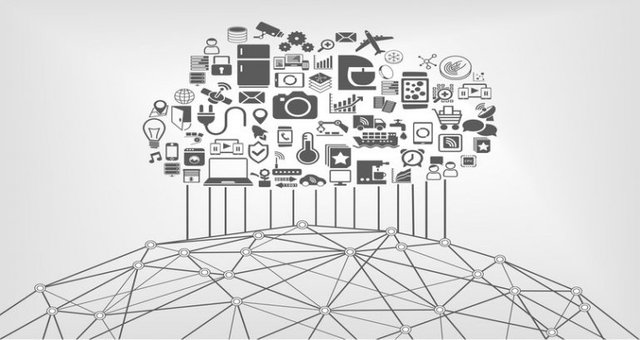
The ISP space is grossly centralized, with most of the profits going to a small group of big players.
The irony is that U.S. taxpayers built the foundation on which the ISP monopoly stands.
In the last quarter century, U.S. taxpayers shelled out over $400 billion to ensure country-wide Internet. In spite of an average of $5,000 per household footing the bill for ISP infrastructure, the U.S. (as compared to other developed countries) still suffers from woefully slow, erratic internet access.
This is clearly an example of socialized costs leading to privatized profits.
ISPs own that infrastructure that taxpayers paid for, but enjoy (IMHO) ridiculous and unearned profit margins.
To add insult to injury, the cost justification for Internet access is "part unicorn and part moving target"; mainly because ISP price structures seem so damn arbitrary.
And reading any justification for an ISP's pricing plans is akin to reading Sanscript or Urdu!
It gets worse.
Once the ISP is a billion dollar behemoth, it is more than capable of dispatching teams of lobbyists in the war against net neutrality.
The Problem (or The "Why" of BandZ - Decentralized Internet Access)
The right to Internet access, also known as the right to broadband or freedom to connect, is the view that all people must be able to access the Internet in order to exercise and enjoy their rights to freedom of expression and opinion and other fundamental human rights, that states have a responsibility to ensure that Internet access is broadly available, and that states may not unreasonably restrict an individual's access to the Internet.
In December 2003 the World Summit on the Information Society (WSIS) was convened under the auspice of the United Nations.
After lengthy negotiations between governments, businesses and civil society representatives the WSIS Declaration of Principles was adopted reaffirming the importance of the Information Society to maintaining and strengthening human rights...
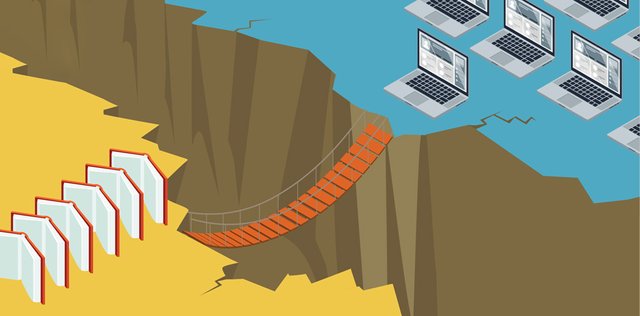
The "Digital Divide" is defined as the difference between one country's level of Internet access (or lack of access) as compared to the other countries around the world.
It's an information gap that has always favored the rich vice the poor since the birth of the Internet.
When the Internet went from an obscure, "academics only" platform to our present day, ultra-commercialized internet, the Digital Divide has only been exacerbated.
Both developed and developing nations around the world agree that the Digital Divide constitutes a form of discrimination that divides the rich from the poor.
During the UN World Summit on the Information Society held in Tunis (2005), the issue of the Digital Divide was addressed by Archbishop John P. Foley.
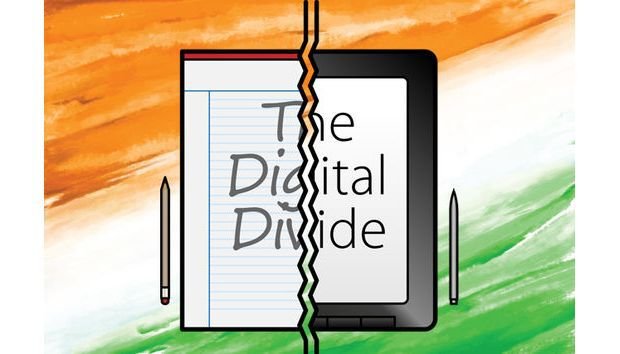
In the words of Archbishop Foley:
"...the digital divide is the current disparity in the access to digital communications between developed and developing countries and it requires the joint effort of the entire international community."
And according to Paul Hainsworth, CEO of Open Garden:
“The Internet belongs to everyone, and now people can shift the balance of power by taking back control. More participants means greater availability to more people at a lower cost.”
The Solution (or The "What" of BandZ - Decentralized Internet Access)
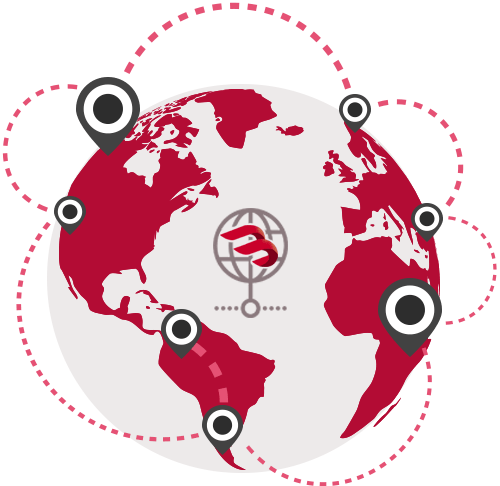
Approximately 60% of the world's population does not have Internet access at all.
More often than not, inaccessibility is not because of a lack of resources, but due to opaque business practices, money gouging, and a total lack of unbiased, non-governmental third party, professional oversight.
Stated differently, no accountability except for the fake, "pseudo-accountability" contained in numerous ISP public notices (aka propaganda) where the results are authored by auditors funded by the ISP itself.
Of those global citizens with Internet access, only half are lucky enough to enjoy connection speeds that are over 15-20 Mbps.
The other half must contend with speeds equal to or less than 4 Mbps!
(Holy crap! That's like "click" then go make some coffee!)
Let's talk a little about some ISP consumer costs.
Fiber for the home is still expensive and the new mobile network infrastructure will have a hefty price (again, mostly shouldered by the taxpayers).
In short, don't hold your breath for a wave of benevolence from the members of the ISP Mafia. It's not happening any time soon.

The BandZ network aims to solve all problems associated with centralized legacy ISPs with their protocol for the next wave of commercial, consumer-internet.
BandZ will disrupt traditional, centralised ISPs by the cheapest and best source of (cryptographically verified) bandwidth providing the ability to switch access providers at will.
This results in a highly competitive, decentralized marketplace - a far cry from today's monopolistic situation.
The BandZ network is a model of a censorship-proof, internationally accessible, and financially self-sustaining platform.
See:
BandZ turns each user into their own intranet (private network).
Access to the global extranet is achieved via collaboration with other intranets (single users or organizations); thereby gaining access to their services (i.e., bandwidth sales, IP addresses, etc).
This will be a mobile friendly solution that offers BrandZ users worldwide Internet access.
Let's discuss how BandZ will do that...
The Technology (or The "How" of BandZ's Network and Ecosystem)
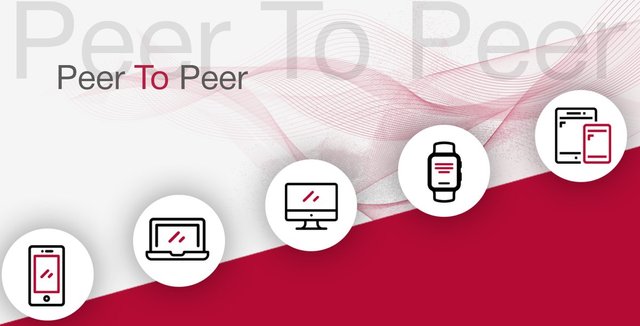
BrandZ's goal is simple:
"Provide all its users fast, inexpensive global connectivity - complete with microtransaction capability and built-in cryptographic protocols for privacy.
Also, future plans for the platform include smart contract capabilities."
This is all accomplished via satellites, WiFi towers and mobile mesh WiFi access points that stitch together a seamless global network for fast and reliable Internet access unencumbered by regional business and politics.
Three types of Users (nodes) comprise the BandZ Network:
Providers: Dispatches BandZ traffic to the broader Internet world.
Consumers: Receives application traffic (vpn, iptables, socks5 and so on) and transmits it to the Providers.
Gateways: Handles necessary services (e.g., GeoIP res, TURN, STUN, etc.).
Note:
Anyone in the BandZ Network can serve in one or all of those capacities; meaning: Status/Type of node within the network is dynamic, not a set of static, mutually exclusive roles.
Incentivising the BandZ Ecosystem
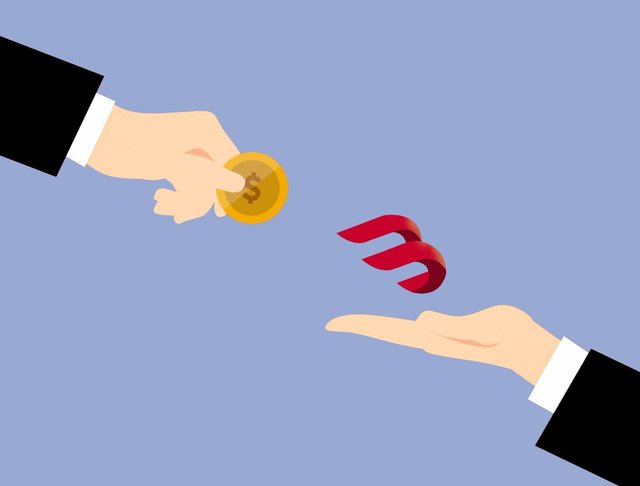
BandZ tokens powers the network.
The total supply of BandZ tokens in the market is capped at one billion. Similar to other cryptocurrencies, the BandZ token economy will be deflationary in nature.
In other words, imposed scarcity intends to promote a rise in value for the BandZ token over time.
To earn BandZ, each user has the ability to sell their bandwidth internationally. This leverages the power of economies of scale for all BandZ holders.
The larger the ecosystem, the greater the impact on both the value of BandZ tokens and the decrease in the cost of global Internet access for its users.

Rather than being a cheap Swiss-army knife that does many tasks poorly, BandZ is staying on task with this philosophy:
Many blockchains out there have different value propositions; ours is connectivity.
We are not building some complex, intricate, turing complete “do-all” platform, we are building a network by which internet becomes cheaper for users around the world.
Ideally it will be a network that will allow you to pay your own phone or ISP bill by simply keeping your machine on.
Token Allocation
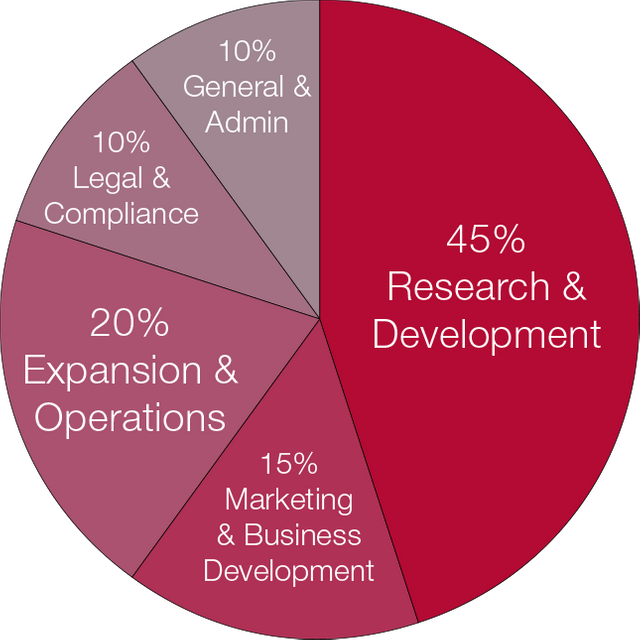
Parting Shots - Relevant Musings
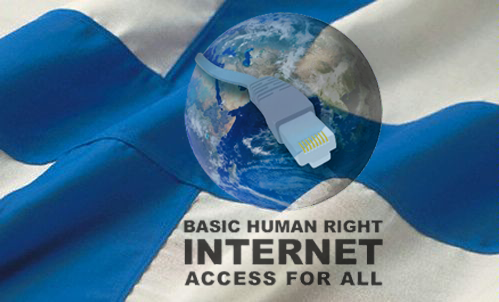
Given the magnitude of the Internet's importance to Humanity, it's not unreasonable to demand ISP accountability. And if that's not possible, another method of obtaining Internet access must be constructed.
Why do I say this?
Simple.
If customers have no other alternatives other than the big ISPs; that is, they can’t just walk away from one ISP and take their business elsewhere, true accountability within the ISP space may just as well be a pipe dream.
And unless there's a collective push for fair access at fair prices, it's unlikely that our currently monopolized ISP situation will change by one iota.

This is why companies like BrandZ are desperately needed.

BandZ's new paradigm for Internet access is simple:
If a community (e.g., the BandZ network) owns the means for delivering Internet access to each other, then each member should profit from that undertaking.
Instead the ISPs, your fellow community member gets paid. This tokenization of Internet access leads to a cheaper, better internet access for all members.
Right now, Internet access can not be consumed "a la carte".
Current estimates reveal that only 20-30% of the paid allotted usage (bandwidth and its data limits) for Internet access is consumed. And yet the ISP customers still must pay for the whole amount.
BandZ offers an opportunity for users to profit from any excess bandwidth they may possess.

In relation to other projects in the space (e.g., IUNGO Network, Open Garden, Cederis, ALTAMESH, etc.) that emphasize one or two elements for decentralization; such as data sharing, data storage, VPN services, etc., BrandZ wants everyone of their users to possess their own private networks.
This empowers them with the means of benefiting from the decrease in costs, increase in speed, higher security, and privacy that is inherent in private "extranet style" networks.
For Pre-ICO information go to: https://bandz.network
Read about the excellent team behind the BandZ network, technical details, road map, white paper, contact information - and much more at:
Join the bandz network community at:
https://coinworry.com/video-coin-crypto-bandz-network-join-the-bandz-network-community_cwVLi77OIxSVA
By JaiChai
This is an entry for @ originalworks' "470 STEEM + 60 Bonuses ~ Sponsored Writing Contest: BandZ"
To submit your own entry, visit:
https://steemit.com/crypto/@originalworks/470-steem-60-bonuses-sponsored-writing-contest-bandz
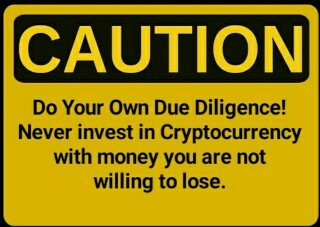
Thanks for stopping by.
Truly hope to see you again!

About the Author
Believing that school was too boring, he dropped out of High School early; only to earn an AA, BS and MBA in less than 4 years much later in life – while working full-time as a Navy/Marine Corps Medic.
In spite of a fear of heights and deep water, he performed high altitude, free-fall parachute jumps and hazardous diving ops in deep, open ocean water.
After 24 years of active duty, he retired in Asia.
Since then, he's been a full-time, single papa and actively pursuing his varied passions (Writing, Disruptive Technology, Computer Science and Cryptocurrency - plus more hobbies too boring or bizarre for most folk).
He lives on an island paradise with his teenage daughter, longtime girlfriend and three dogs.




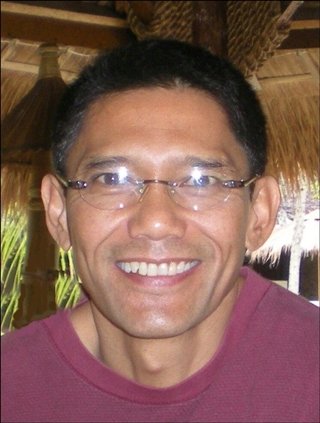

You nailed it @jaichai
Thanks.
Namaste, JaiChai
A radical article with a strong argument. Well done!
And your blog is quite interactive!
Thanks for visiting, commenting and of course, your very kind praise.
Namaste, JaiChai
My internet is 3Mbps . the $400 billion was a scam. They laughed all the way to their yatchs
Dude! Sincere condolences are in order!
Namaste, Jaichai
Submitted.